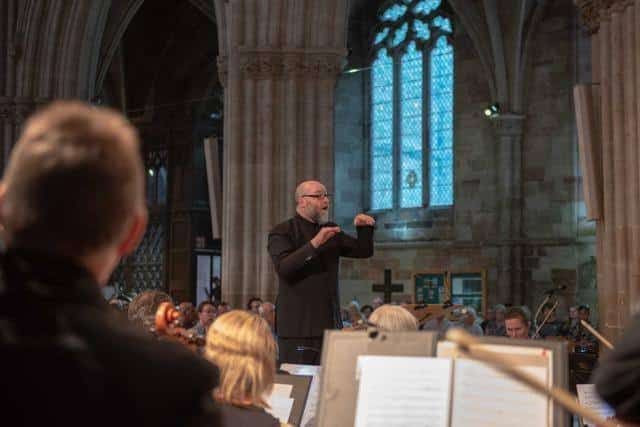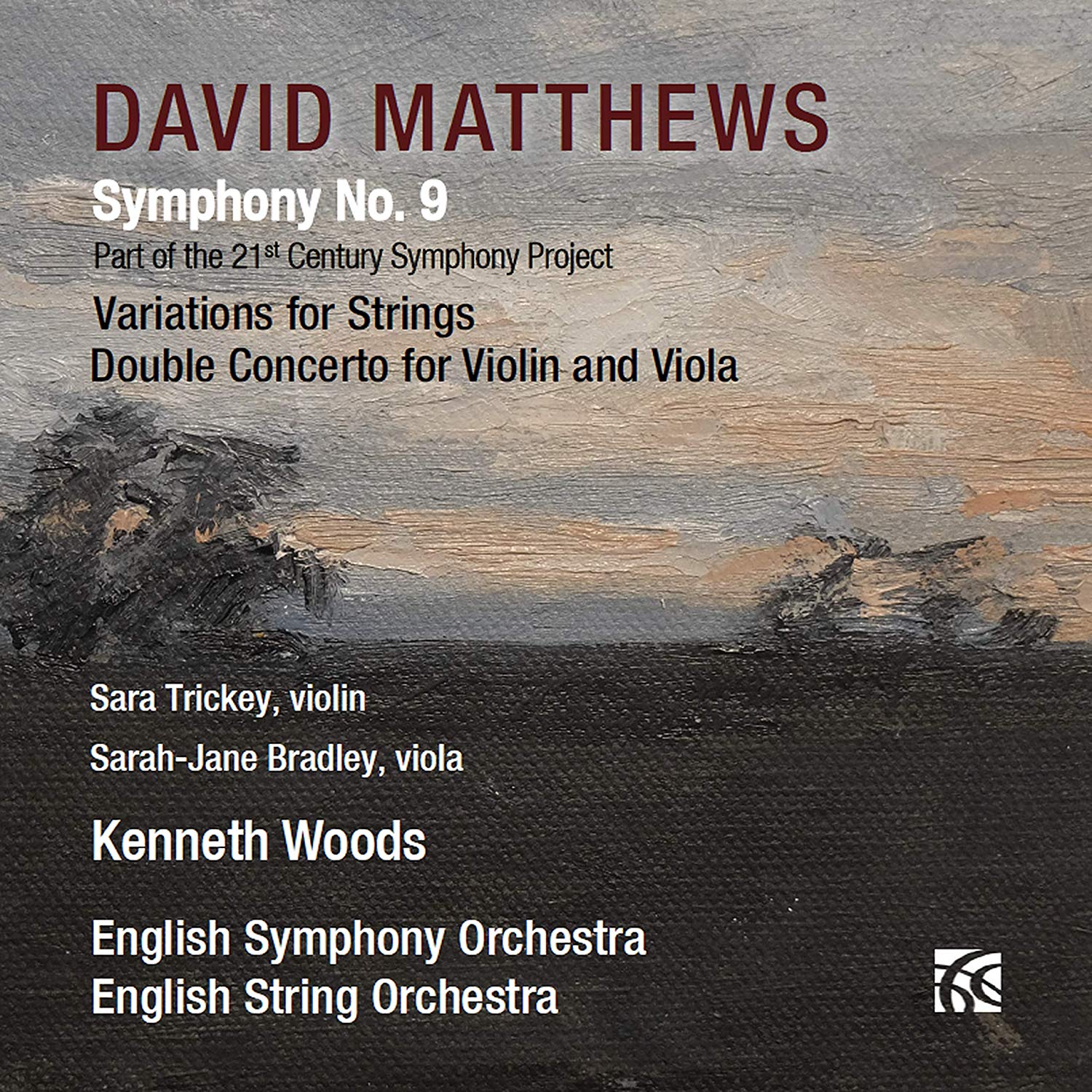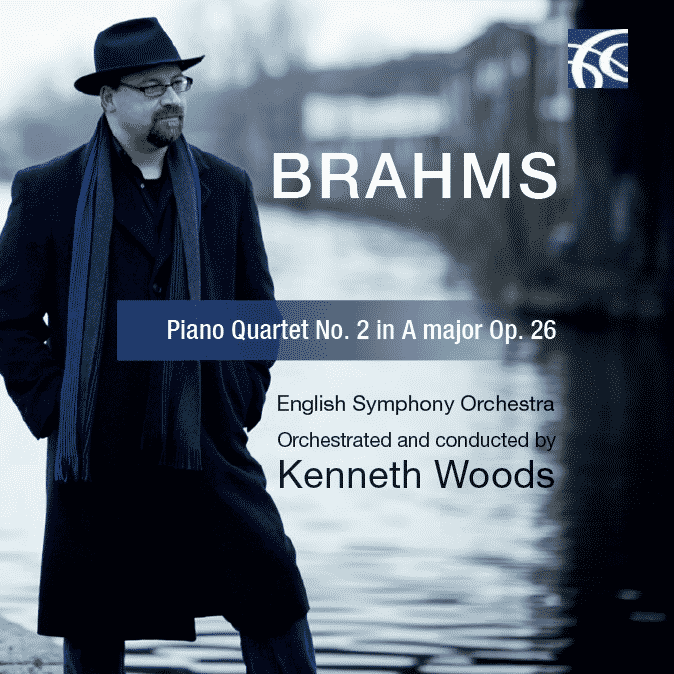Concert Review: Craig Ogden (Guitar), the English String Orchestra, conducted by Kenneth Woods.
Edward Elgar never said truer words than “…the living centre of music in England is not London, but somewhere further north…” True to this day I think, too!
Read More



